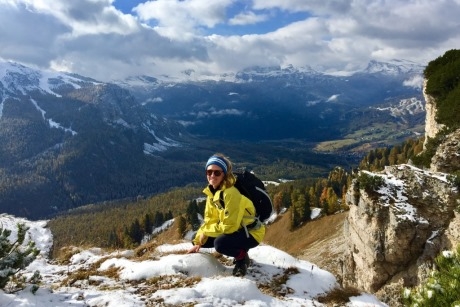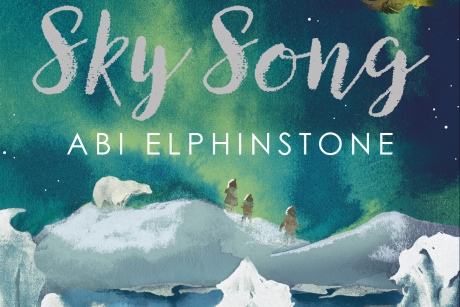
To continue the run up to World Book Day, we speak to author Abi Elphinstone about her experiences as a children’s author and her memories of school travel.
What themes do you think are important to include in children’s fiction?
Courage, kindness and hope. I learnt many things from my teachers at school – why William the Conqueror won the Battle of Hastings, how to use Pythagoras’ Theorem and what happens when you mix sodium with water – but I learnt about the cornerstones of what it means to be human from the books I borrowed from my school library.
Lyra Belacqua from Philip Pullman’s The Northern Lights taught me girls can be just as brave as boys, Mildred Hubble from Jill Murphy’s The Worst Witch showed me that kindness lies at the heart of friendship, and Lucy Pevensie from C.S. Lewis’ The Lion, The Witch and The Wardrobe taught me to hope in the bleakest of times.
How can fiction inspire children to go outdoors and learn outside the classroom?
I am an author because the wilderness made me one – both in terms of my childhood adventures on the Scottish moors and the books I read that boasted wild settings.
If a story has a convincing natural setting – where birds are chaffinches, wrens and starlings rather than just birds, and plants are knapweed, ragwort and gorse rather than just plants – it stays with a reader.
I believe books with wild settings not only provide an exciting platform for adventure and daring deeds; they remind children of the wonder, and fragility, of the natural world which sparks a sense of learning far beyond the classroom walls.
How important do you think school travel and trips are for children’s development?
School travel and trips are an invaluable way of opening children’s lives up. They enable kids to see beyond their ordinary horizons and they place a sense of excitement at the core of learning.

Pictured: Cover work of Abi Elphinstone's Sky Song.
Can you tell us about a memorable school trip from your childhood?
When I was 12 years old, my whole class spent a week at an activity camp on a Scottish island in the Inner Hebrides. We canoed in icy waters, foraged for mussels and kelp, camped on a remote beach overnight with nothing but a bivouac, a penknife and an emergency supply of Mars Bars, and we zip wired over peatbogs. My time on the island taught me a great deal about resilience, teamwork and wonder.
How do you think schools can encourage children’s enthusiasm about books? How could this be taken outside the classroom?
To encourage children’s enthusiasm about books, I think the following are important: having a creative space reserved for books and reading; factoring reading for pleasure into the weekly timetable; ensuring teachers read contemporary children’s books and share the ones they loved with their class; and setting up book clubs where children can discuss, and question, the books they’ve read.
To extend this enthusiasm about books beyond the classroom, schools could organise trips to literary festivals where bestselling children’s authors continually inspire and engage children across the UK and encourage children to write to authors (most of us write back!).
For more information about Abi, visit her website www.abielphinstone.com.
Loving our World Book Day series? Discover more in the coming weeks, plus read our interview with author and illustrator Lydia Monks.










